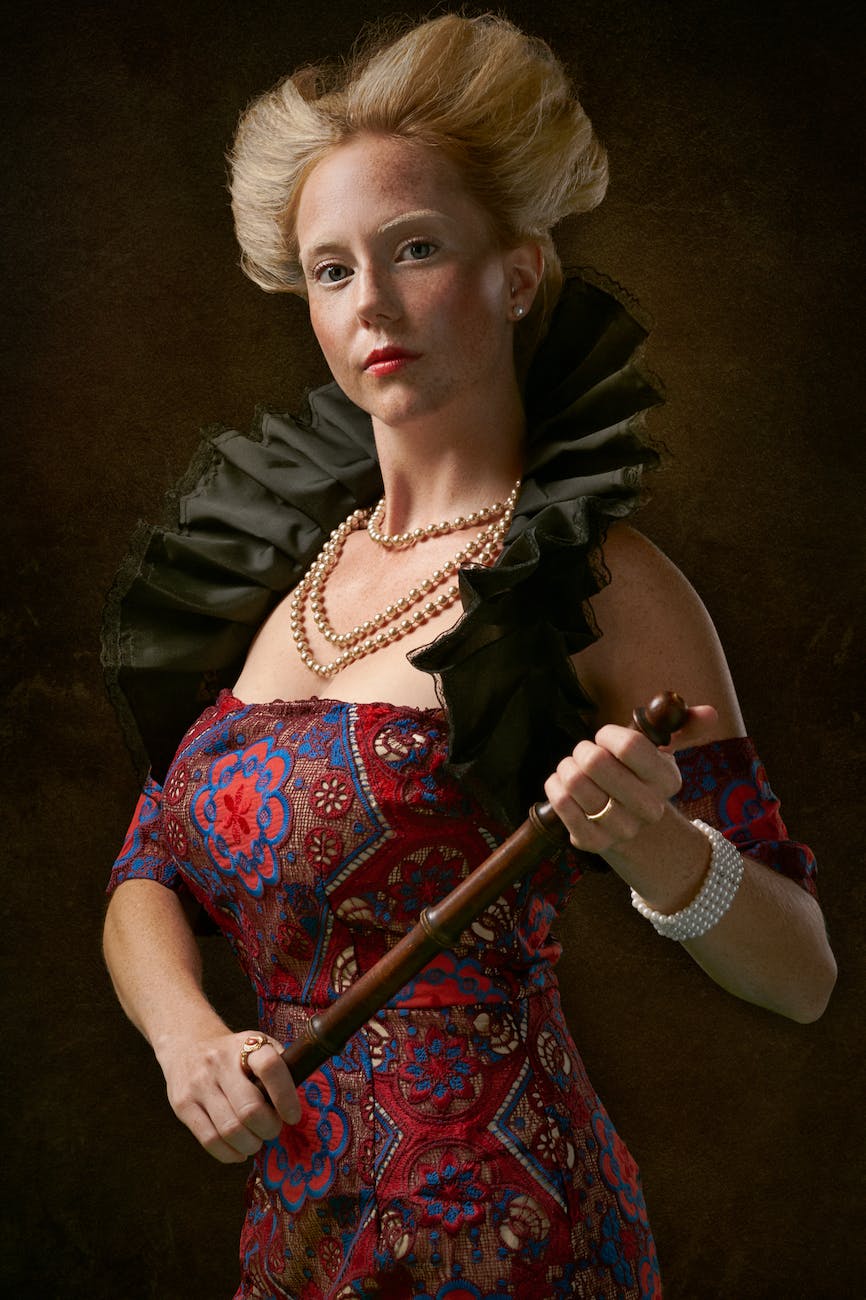Certain women in Biblical history are seen as evil, manipulative and wicked. Their presence gave birth to more wickedness and evil and their evil ways of life led the nation astray. One of such women is Jezebel. The lifestyle of Jezebel and the influence she had over her husband and the nation cannot be overemphasized. Who is Jezebel and why is she relevant in Biblical history? Jezebel was a Sidonian Princess who later became the wife of king Ahab. Sidon was a pagan nation and they did not worship the Lord. Jezebel grew up serving Baal, Asherah and the many gods of the Sidonians. Ahab brought her to Samaria, the capital of Israel (Northern Kingdom). There, Jezebel established herself and used her authourity to promote idolatry in Israel. No wonder God warned the Israelites against marrying foreign women so their hearts are not drawn to follow foreign gods.
He not only considered it trivial to commit the sins of Jeroboam son of Nebat, but he also married Jezebel daughter of Ethbaal king of the Sidonians, and began to serve Baal and worship him. (1 Kings 16:31)
Ahab was not any other king. He followed the evil ways of all the evil kings that had come before him. According to 1 Kings 16:31, Ahab not only considered it trivial to commit the sins of Jeroboam son of Nebat, but he also married Jezebel daughter of Ethbaal king of the Sidonians, and began to serve Baal and worship him (1 Kings 16:31). In other words, Jezebel was not the only one who worshipped her gods, Ahab was also led astray and he promoted the worship of Baal and Asherah: “He set up an altar for Baal in the temple of Baal that he built in Samaria. Ahab also made an Asherah pole and did more to arouse the anger of the Lord, the God of Israel, than did all the kings of Israel before him” (1 Kings 16:32-33). Jezebel’s evil influence on Israel led the prophet Elijah to prophecy against Israel. Elijah said, “As the Lord, the God of Israel, lives, whom I serve, there will be neither dew nor rain in the next few years except at my word” (1 Kings 17:1). The whole nation lived in famine for three years because of Jezebel’s evil influence. When Elijah returned to Samaria after three years, he won the “Power contest” against the prophet of Baal (1 Kings 18:16-40).
Ahab told Jezebel everything Elijah had done in the Power Contest and how Elijah had killed all the prophets of Baal with the sword (1 Kings 19:1), Jezebel was angry and sent this message to Elijah: “May the gods deal with me, be it ever so severely, if by this time tomorrow I do not make your life like that of one of them” (1 Kings 19:2). The prophet fled for his life. Elijah had killed 450 prophets of Baal, but he feared one woman and took to his heels. Thus, even the prophet of God knew how influential and manipulative Jezebel was. God Himself had to send his angel to encourage Elijah and to send the prophet food to eat (1 Kings 19:5-9). Jezebel’s idolatry was so pungent that she is seen as an image of Idolatry even in the book of Revelation (Revelation 2:20). Jezebel represents the relationship with strange women that led to the turning of the hearts of the people of God to follow foreign gods. She was resolute and her corrupting influence led the whole nation away from God. Her husband became her biggest sponsor and he built altars for Baal and Asherah all across his kingdom.
Jezebel was not repentant even when the prophet Elijah miraculously prayed for fire and destroyed the prophets of Baal. She rather became poised for more evil. She would rather kill Elijah than serve God. Even when her husband Ahab fasted and prayed and God forgave him (1 Kings 21:27-29), Jezebel refused to change. In the New Testament, Jezebel is the spirit of idolatry. In the letter to the church of Thyatira, Jesus Himself accused the church for tolerating that woman Jezebel, who calls herself a prophet and who through her teaching misleads God’s servants into sexual immorality and the eating of food sacrificed to idols (Revelation 2:20).
Jezebel reminds us that whoever you marry can make or unmake you. An unbelieving, evil, manipulative, idolater, wicked spouse can make you a partner in evil. Ahab’s partnership with Jezebel led to all the evil he committed. He was schooled, trained, nurtured and ultimately graduated into idolatry. Before you say “I do”, say “I don’t” to any lifestyle that is contrary to the word of God. You cannot marry someone to change them. Are you God?
Jezebel: The promoter of Idolatry
Jezebel reminds us that whoever you marry can make or unmake you. An unbelieving, evil, manipulative, idolater, wicked spouse can make you a partner in evil. Ahab’s partnership with Jezebel led to all the evil he committed. He was schooled, trained, nurtured and ultimately graduated into idolatry. Before you say “I do”, say “I don’t” to any lifestyle that is contrary to the word of God. You cannot marry someone to change them. Are you God?


